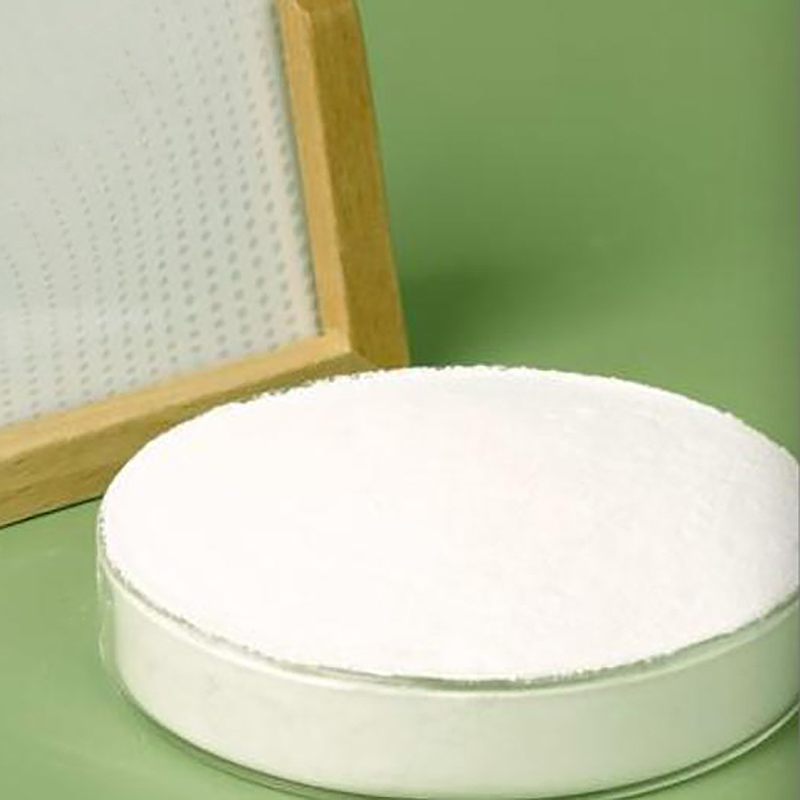Cellulose ethers are a class of polymer compounds made from chemically modified natural cellulose and are widely used in many industries, such as construction, pharmaceuticals, food, and coatings. Their unique chemical structure gives cellulose ethers good thickening, stabilization, film-forming, and dispersing properties. As key factors affecting the performance of cellulose ethers, their solubility and stability play a vital role in different applications. This article will explore the impact of the solubility and stability of cellulose ethers on their applications in various industries.
1. Impact of solubility on application
The solubility of cellulose ethers refers to their ability to form a uniform solution in a solvent, which is usually related to the molecular weight, degree of substitution (the number and type of substituents), and the properties of the solvent. Different applications have different requirements for the solubility of cellulose ethers, and solubility directly affects their dispersibility, viscosity adjustment ability, and other properties in the formulation.
(1) Building and construction industry
In the construction industry, cellulose ethers are often used as thickeners and water-retaining agents, especially in materials such as mortar, coatings, and adhesives. Solubility is crucial to their effectiveness in these applications. In aqueous solvents, cellulose ethers must be able to dissolve quickly and evenly to form a uniform thickening solution to ensure the stability and rheology of the mixture. Cellulose ethers with poor solubility may cause precipitation of particles, affect the uniformity and construction performance of the product, and reduce bonding strength and operability.
(2) Pharmaceutical industry
In the pharmaceutical field, cellulose ethers are often used in sustained-release systems, capsule shell materials, and suspensions for drugs. Their solubility directly determines the release rate and bioavailability of the drug. Cellulose ethers must be dissolved in a controlled manner under certain conditions to ensure the sustained-release characteristics of the drug. If the solubility is insufficient, the drug may be unevenly released in the body, affecting the efficacy.
(3) Food industry
In food processing, cellulose ethers are widely used as thickeners, stabilizers, and emulsifiers. Their solubility affects the smoothness, uniformity, and structural stability of the taste of food. For example, in the production of sauces or creams, cellulose ethers with good solubility can quickly dissolve in water or other liquids to improve the consistency and stability of the product. Cellulose ethers with poor solubility may cause graininess in food products, affecting taste and appearance.
(4) Coatings and paints
In coatings and paints, cellulose ethers are used to control viscosity and improve the application performance of coatings. Good solubility can ensure the uniformity and fluidity of the coating, making the coating smoother when applied and forming a uniform film after drying. Cellulose ethers with poor solubility may cause uneven viscosity of the coating, uneven application, and even affect the drying time and the final surface effect.
2. The impact of stability on application
Stability refers to the ability of cellulose ethers to maintain their performance under different environmental conditions. The stability of cellulose ethers involves their chemical, thermal, physical and biodegradable stability. Stability affects their long-term application performance in different industries, especially in applications with complex environmental conditions.
(1) Environmental stability
Cellulose ethers must maintain good stability in environments with large changes in humidity, temperature and pH. For example, in high temperature, humid or alkaline environments, cellulose ethers may degrade, aggregate or lose their thickening function. In the construction industry, strong environmental stability enables cellulose ethers to maintain their performance in construction environments with different temperatures and humidities, ensuring the quality of mortar and coatings.
(2) Thermal stability
The thermal stability of cellulose ethers is very critical, especially in the food processing and pharmaceutical fields. Under high temperature conditions, the thermal stability of cellulose ethers determines its stability during the production process and the quality of the final product. For example, during the thermal processing of food, low thermal stability may cause its viscosity to decrease, affecting the taste and structure of the food; while in drug sustained-release systems, thermally unstable cellulose ethers may cause inconsistent drug release.
(3) Biodegradation stability
In the pharmaceutical, cosmetic and food fields, cellulose ethers need to have good biodegradation stability, that is, they can be naturally degraded without producing harmful by-products. Cellulose ethers with low biodegradability may have a negative impact on the environment. Therefore, under the trend of environmental protection and sustainable development, the selection of cellulose ethers with good biodegradability is an important direction of industry attention.
(4) Chemical stability
In terms of chemical stability, cellulose ethers must have good tolerance to acids, alkalis, salts and other chemicals. In chemical manufacturing, stable cellulose ethers can maintain their performance for a long time in a harsh chemical environment. If the stability is poor, cellulose ethers may react with other chemical components, resulting in a decrease in their performance and even affecting the quality of the final product.
3. Comprehensive influence of solubility and stability
Solubility and stability are two key factors affecting the application effect of cellulose ethers. They are interdependent and work together. For example, in the pharmaceutical industry, cellulose ethers are required to have good solubility to ensure the sustained release of drugs, and also require high thermal stability and chemical stability to prevent the drug from being released too quickly or degrading in an unsuitable environment.
In the coating industry, cellulose ethers with good solubility can improve fluidity and construction properties, while their stability determines the durability and performance of the coating in different environments. Therefore, in practical applications, the development and selection of cellulose ether products with excellent solubility and stability are crucial to improving the quality and function of the final product.

 简体中文
简体中文 English
English русский
русский عربى
عربى Español
Español









